Headlines
Celebrate Eid El Kabir with Joy and Blessings

On behalf of Obasanjonews.com, we extend our warmest wishes to you on this joyous occasion of Eid El Kabir! May this auspicious day bring an abundance of peace, happiness, and prosperity to your household. Eid Mubarak!
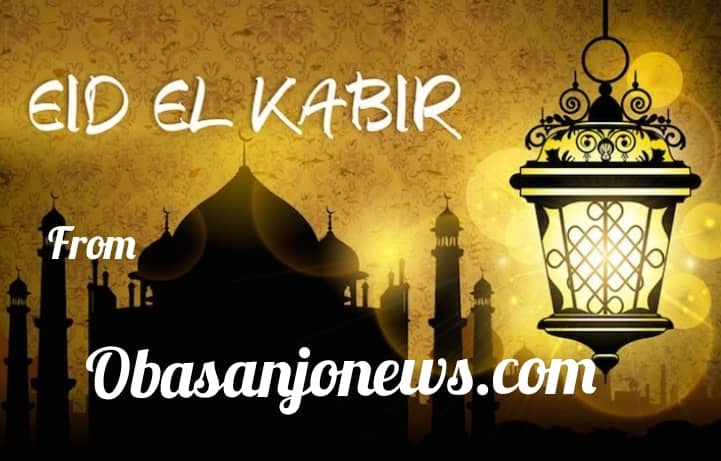
Eid El Kabir, also known as Eid al-Adha or the “Festival of Sacrifice,” is one of the most significant Islamic holidays celebrated by Muslims around the world. This sacred occasion commemorates the willingness of Prophet Ibrahim (Abraham) to sacrifice his son Ismail (Ishmael) as an act of obedience to God. However, God provided a ram to sacrifice instead, signifying divine mercy and compassion.
The Significance of Eid El Kabir
Eid El Kabir holds profound religious significance for Muslims. It is a time for deep reflection, gratitude, and devotion. The festival serves as a reminder of the importance of faith, submission, and the willingness to make personal sacrifices in the path of righteousness. It is a period for Muslims to strengthen their relationship with God and reaffirm their commitment to Islamic values and principles.
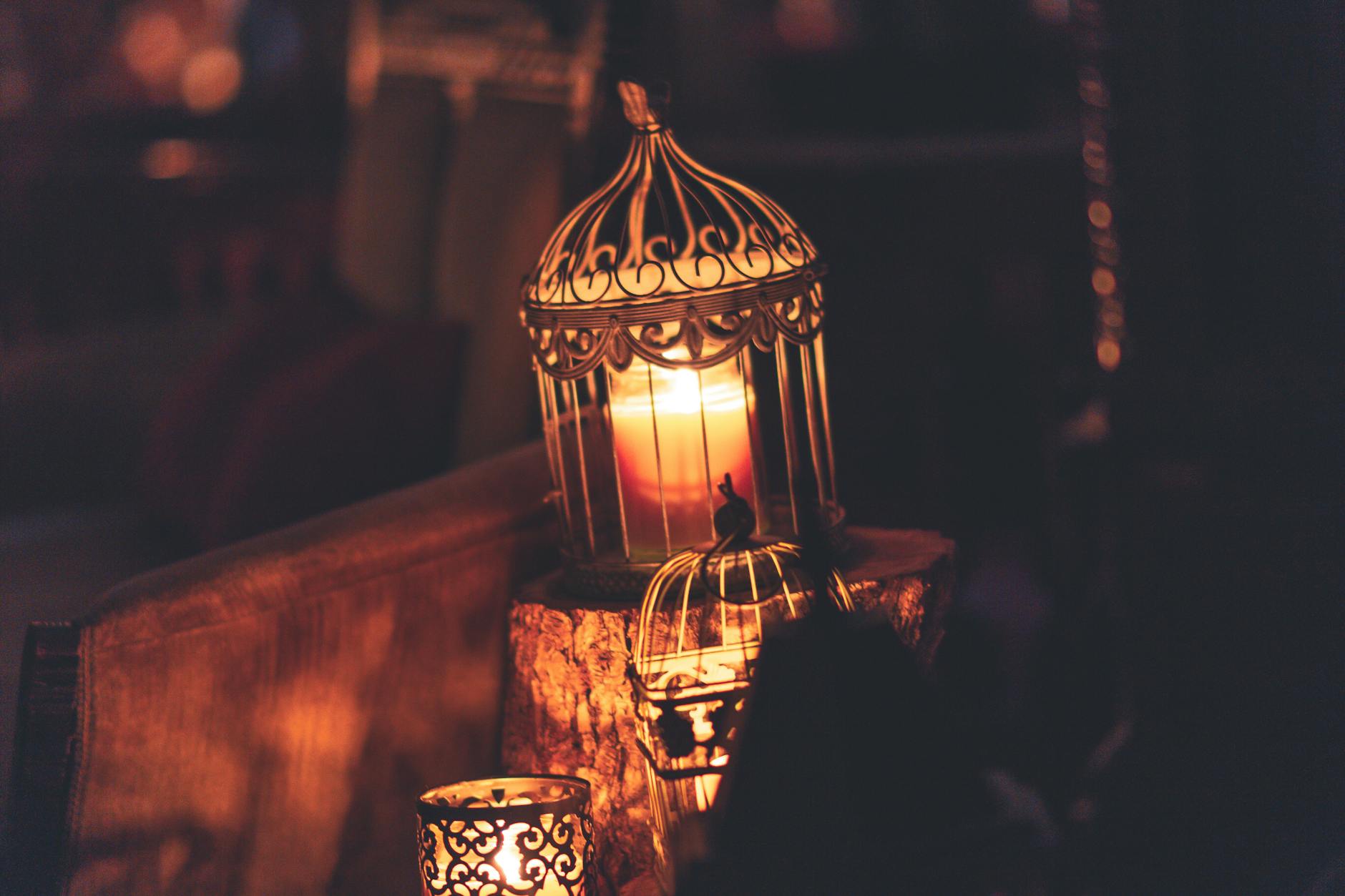
The Ritual of Sacrifice
Central to the celebration of Eid El Kabir is the ritual of Qurbani, or the sacrificial slaughter of an animal, typically a sheep, goat, cow, or camel. This act symbolizes the readiness of Ibrahim to give up his most beloved possession in submission to God’s will. The meat from the sacrificed animal is then distributed among family, friends, and the less fortunate, ensuring that everyone can partake in the joyous occasion.
The Qurbani ritual is not merely an act of charity but also a demonstration of communal solidarity and compassion. It reinforces the notion that those who have been blessed with abundance have a responsibility to share with those in need. This act of sharing and generosity helps to bridge social and economic gaps within the community, fostering a sense of unity and mutual support.
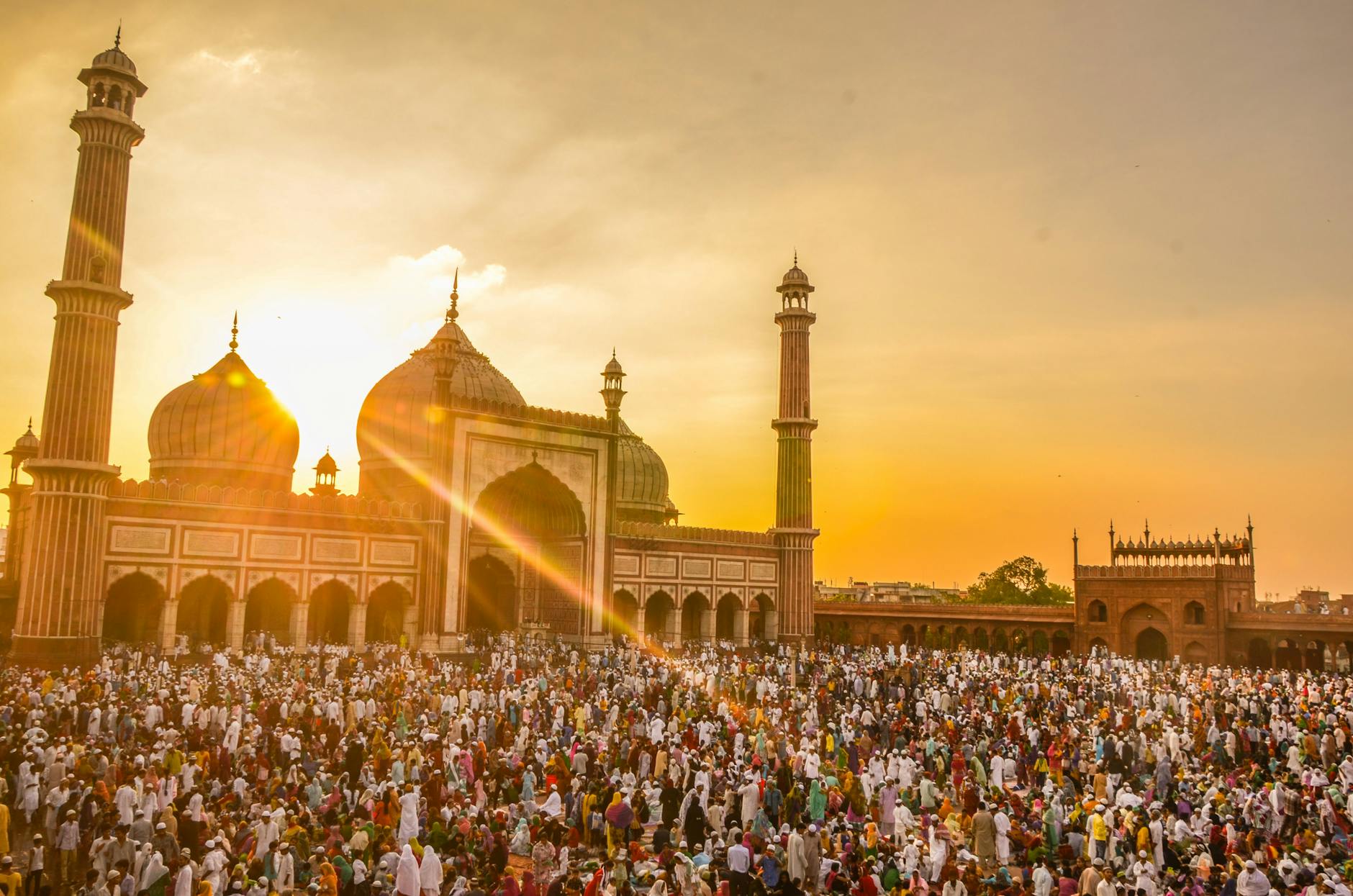
Prayers and Festivities
Eid El Kabir begins with a special prayer service, known as Salat al-Eid, held in mosques or open fields. The prayer is typically performed in congregation and includes a sermon that emphasizes the values of sacrifice, charity, and brotherhood. The prayer service is an opportunity for Muslims to come together, seek forgiveness, and offer thanks for the blessings they have received.
Following the prayer, the day is filled with festive activities, including feasting, visiting family and friends, and exchanging gifts. Traditional dishes and sweets are prepared, and homes are decorated to reflect the joyous spirit of the occasion. It is a time for families to strengthen their bonds and create lasting memories.
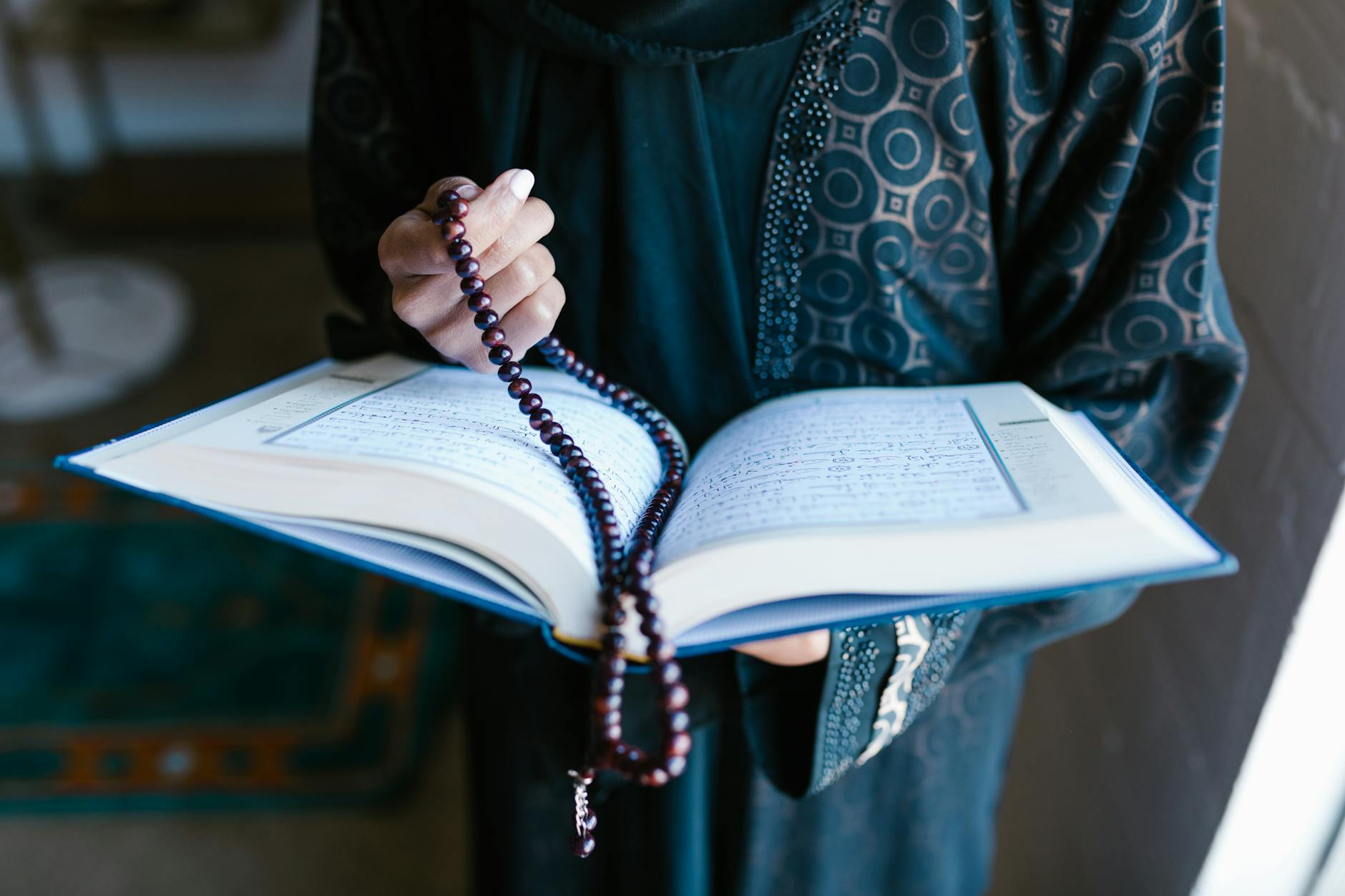
Acts of Charity and Compassion
Eid El Kabir is also a time for Muslims to engage in acts of charity and compassion. In addition to the distribution of meat from the Qurbani, many Muslims take this opportunity to donate to charitable organizations, support community projects, and assist those who are less fortunate. These acts of kindness and generosity are in keeping with the spirit of the festival and reflect the core Islamic principles of empathy, compassion, and social responsibility.
Reflection and Gratitude
The essence of Eid El Kabir goes beyond the physical rituals and celebrations. It is a time for introspection and gratitude. Muslims are encouraged to reflect on their own lives and consider how they can better serve God and humanity. This reflection often leads to a renewed sense of purpose and a commitment to living a life that is in harmony with Islamic teachings.
Gratitude is a central theme of Eid El Kabir. Muslims express their thanks to God for His blessings and mercy. They acknowledge the importance of family, community, and faith in their lives. This sense of gratitude fosters a positive outlook and strengthens their resolve to overcome challenges and pursue their goals with determination and faith.
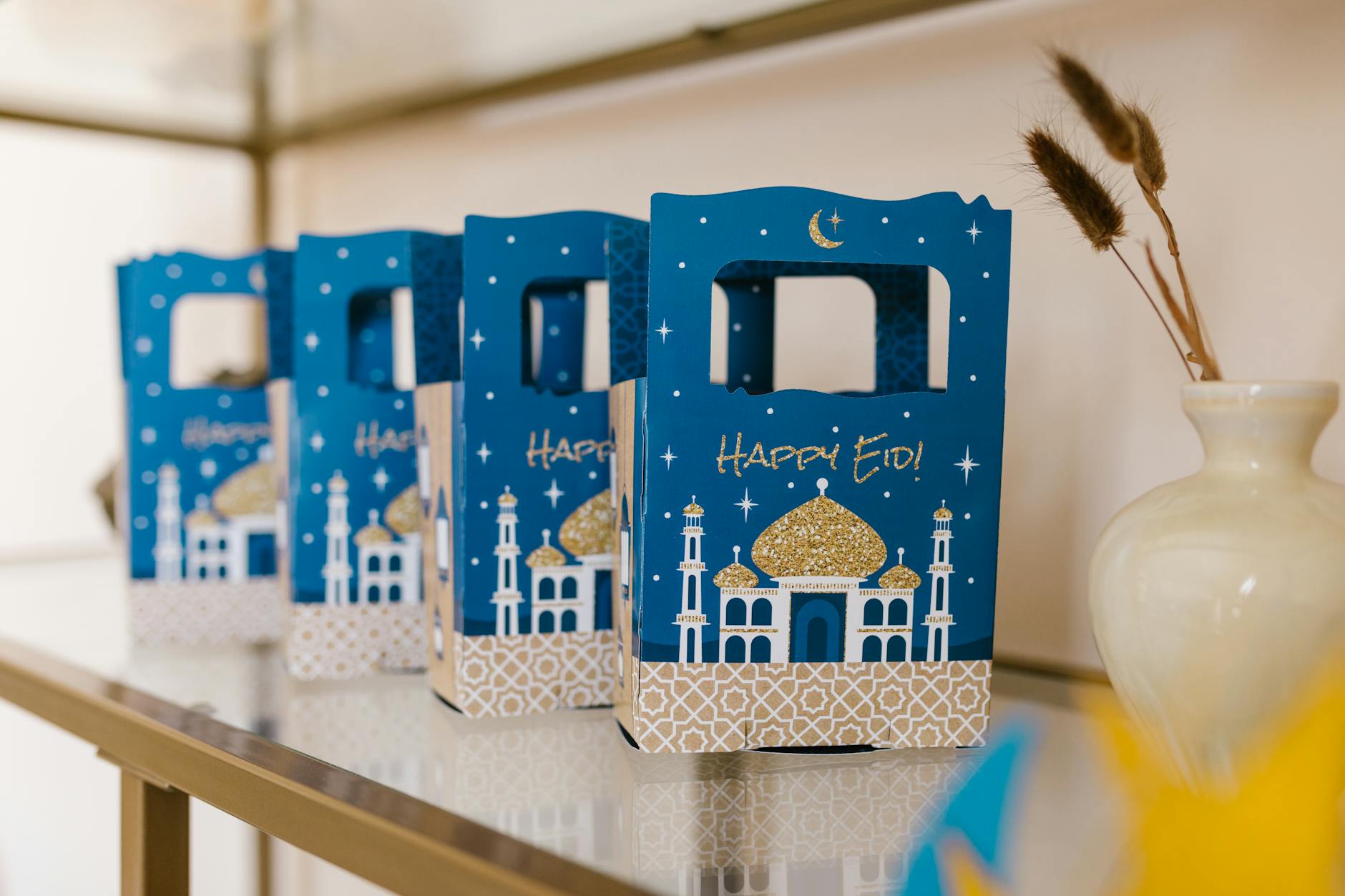
Eid El Kabir Around the World
Eid El Kabir is celebrated with great enthusiasm and cultural diversity around the world. While the core rituals and principles remain the same, the manner in which the festival is observed can vary widely from one region to another.
In many countries, elaborate public celebrations and parades are organized, showcasing traditional music, dance, and cultural performances. These events bring communities together and highlight the rich cultural heritage associated with the festival.
In addition to public celebrations, many families have their own unique traditions and customs. These may include preparing special dishes, decorating homes with lights and ornaments, and organizing family gatherings and outings. Regardless of the specific customs, the underlying themes of faith, sacrifice, and community remain central to the celebration of Eid El Kabir.
The Global Impact of Eid El Kabir
The significance of Eid El Kabir extends beyond the Muslim community. The festival serves as an opportunity to promote interfaith understanding and cooperation. In many multicultural societies, Eid El Kabir is recognized and respected as an important religious and cultural event. Non-Muslims often join in the celebrations, either by attending public events or by extending greetings and well-wishes to their Muslim friends and neighbors.
READ ALSO: Ahead of Eid el-Kabir, Naira depreciates even more against dollar
This spirit of inclusivity and mutual respect helps to build bridges between different communities and fosters a sense of harmony and cooperation. It serves as a reminder that, despite our differences, we all share common values of compassion, kindness, and the desire for peace and prosperity.
Conclusion
As we celebrate Eid El Kabir, let us remember the values that this sacred festival embodies: faith, sacrifice, charity, and community. Let us take this opportunity to strengthen our relationships with God, our families, and our communities. Let us express our gratitude for the blessings we have received and extend a helping hand to those in need.
May this Eid El Kabir bring you and your loved ones joy, peace, and prosperity. May your sacrifices be accepted, and may your prayers be answered. Eid Mubarak!
